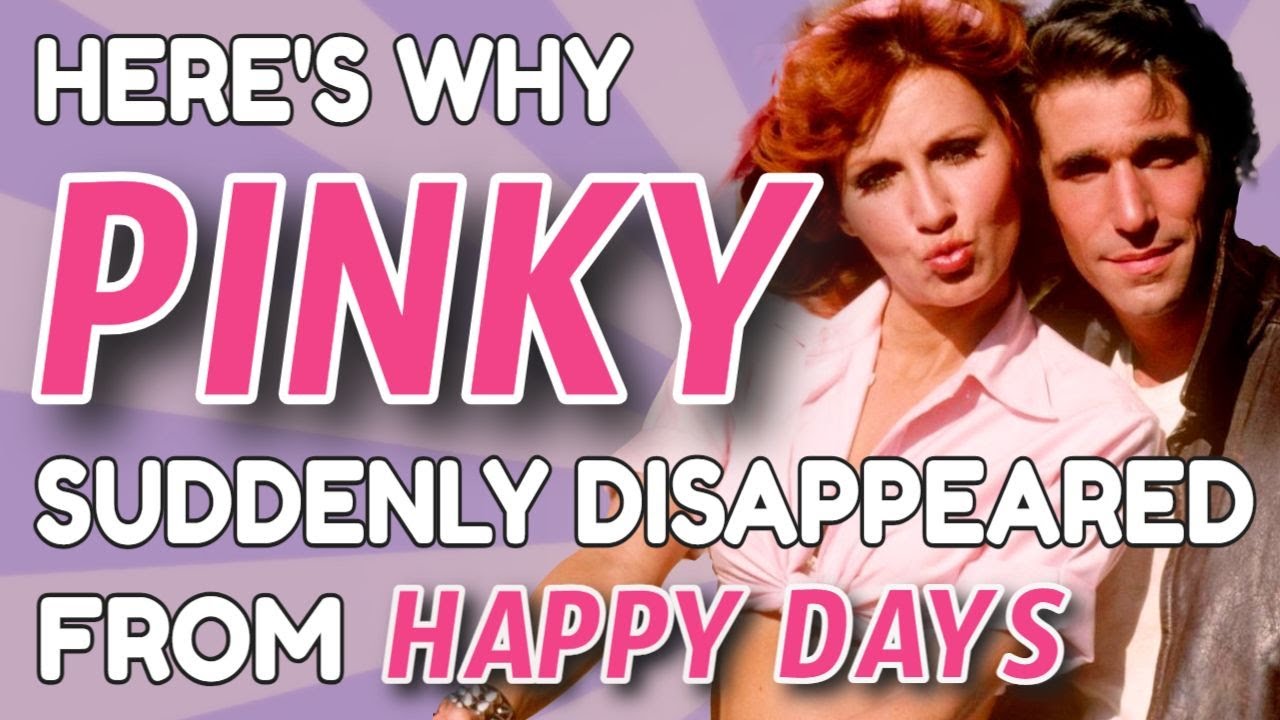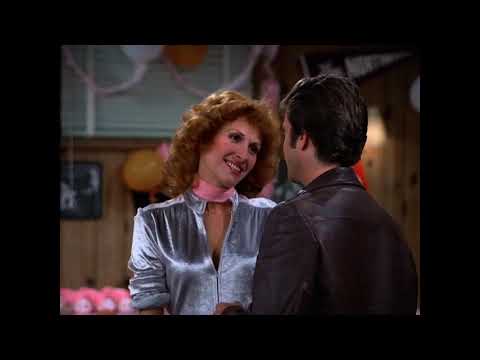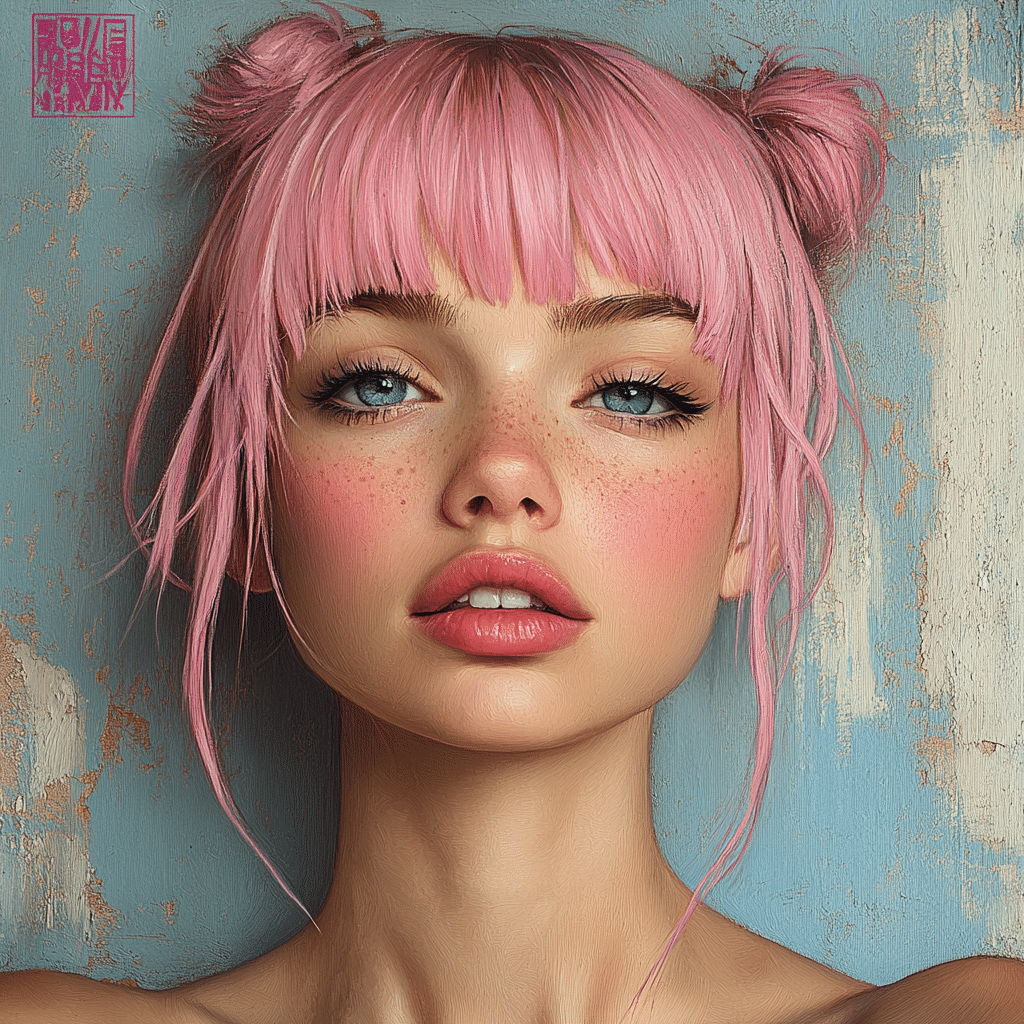
Pinky Tuscadero The Bold Love Interest Of Fonzie
Pinky Tuscadero, the vibrant character from the beloved sitcom Happy Days, has made waves in pop culture since her debut in the late 1970s. Played by the incomparable Roz Kelly, Pinky was more than just a love interest for the iconic Arthur Fonzarelli – she represented boldness, independence, and a break from the norms of female representation on television. Throughout this article, we’ll dive into what makes Pinky Tuscadero not only a memorable character, but also a cultural icon, shining a spotlight on her significance in turning the tide for female representation in the entertainment industry.
Top 5 Reasons Pinky Tuscadero Stands Out as a Bold Love Interest
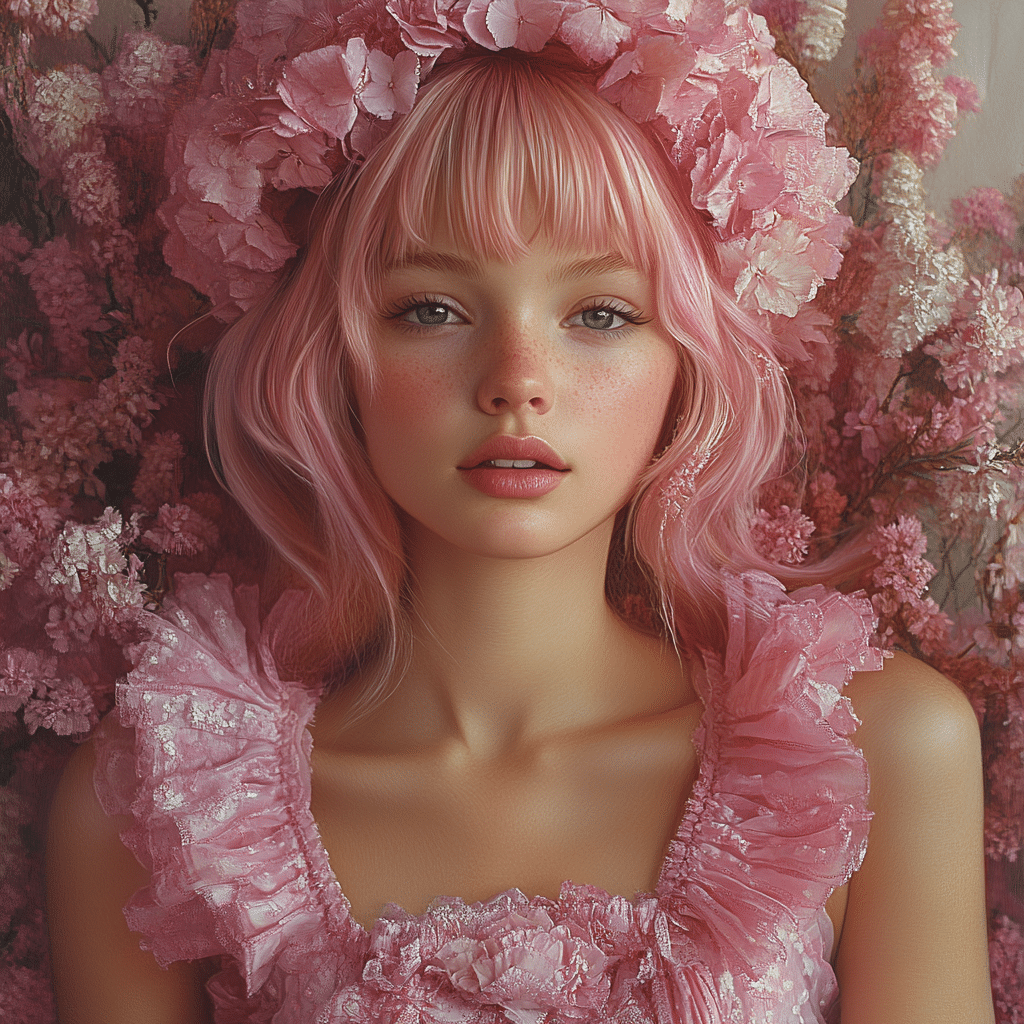
1. Female Empowerment in a Male-Dominated Era
When Pinky strutted into the often male-dominated landscape of Happy Days, she turned heads and challenged expectations. At a time when women were frequently cast in traditional roles, Pinky emerged donning her signature leather jacket with an assertive personality that resonated with audiences. Unlike typical female love interests of the 70s, she didn’t sit back waiting for her knight in shining armor. Instead, she had dreams and ambitions of her own, particularly in the adrenaline-fueled world of drag racing. This refreshing narrative shift was pivotal for its time, showcasing women as complex individuals with compelling stories.
Adding to her multi-dimensional character was her ability to command attention alongside the show’s male leads. The show broke conventions, allowing Pinky Tuscadero to occupy a space that blended strength and vulnerability. Through her, viewers witnessed a version of femininity that fought tooth and nail against clichés while inspiring others to do the same. One could say she laid the groundwork for future shows that accurately represented women’s complexities.
2. The Dynamic Relationship with Fonzie
Pinky’s relationship with Fonzie proved to be one for the ages. Their chemistry transcended mere attraction, highlighting a bond developed through mutual respect and admiration. Fonzie, masterfully portrayed by Henry Winkler, was seen all tough and cool, but Pinky was the one who brought out his softer side. This added depth to their love story, reminding audiences that real connections are often layered and multi-faceted.
As the two navigated both romance and their ambitions, the show presented their evolving love affair as a journey of emotional maturity. Moments of laughter, conflict, and reconciliation painted them as a relatable couple, showcasing just how important communication and compromise are in any relationship. These themes were groundbreaking for television at the time, as they suggested that love can blossom in spaces where both partners retain their individuality.
3. Influencing Future Representations of Women
The cultural significance of Pinky Tuscadero extends well beyond her short stint on Happy Days. As a pioneering figure in television history, Pinky paved the way for future female characters to embody strength and resilience. Shows that came after her, like The Marvelous Mrs. Maisel and even Friends, have characters that hold common threads with Pinky—they are ambitious, strong-willed, and unapologetically themselves.
Moreover, iconic characters such as Lucille Ball’s Lucy Ricardo owe a debt of gratitude to the groundwork laid by Pinky. Although decades apart, both characters pushed societal boundaries to present women as more than just wives and mothers. Pinky Tuscadero’s spirit can be found in countless strong female character portrayals that champion independence, humor, and tenacity, showcasing how contemporary narratives continue to benefit from her bold representation.
4. Pinky Tuscadero’s Legacy in Pop Culture
Pinky’s impact is evident in many facets of today’s pop culture landscape. Her vibrant persona has influenced a plethora of characters, from Jessie in Toy Story to Mavis from Hotel Transylvania. Much like Pinky, these characters manage to blend toughness with charm, proving boldness resonates through generations of storytelling.
Pinky has become an emblem of rebellion and drive, inspiring artists, marketers, and entertainers who see her as a blueprint for creating strong female characters. Various tributes and parodies have emerged, keeping her legacy alive in fan communities. From Halloween costumes to references in contemporary music videos, Pinky continues to infiltrate pop culture, ensuring her spirit remains relevant.
5. Fun Facts: Pinky Tuscadero and Rey Mysterio’s Mask
Interestingly, if you look closely, the cultural significance of Pinky Tuscadero can draw parallels to icons in other fields. For instance, take the famous wrestler Rey Mysterio. Known for his vibrant masks, Mysterio broke paradigms of masculinity and sportsmanship. Similarly, Pinky challenged the traditional roles of women in entertainment. Both figures, in their respective spheres, signify self-expression, celebration of individuality, and defiance against conventional limits.
They illustrate how character-driven stories can redefine cultural narratives. Like Rey’s daring mask flecked with imagery, Pinky’s bold demeanor made audiences rethink what it means to be a strong character in its purest form. Although operating in different arenas, both figures usher in a world that embraces individuality and encourages followers to wear their identities boldly.
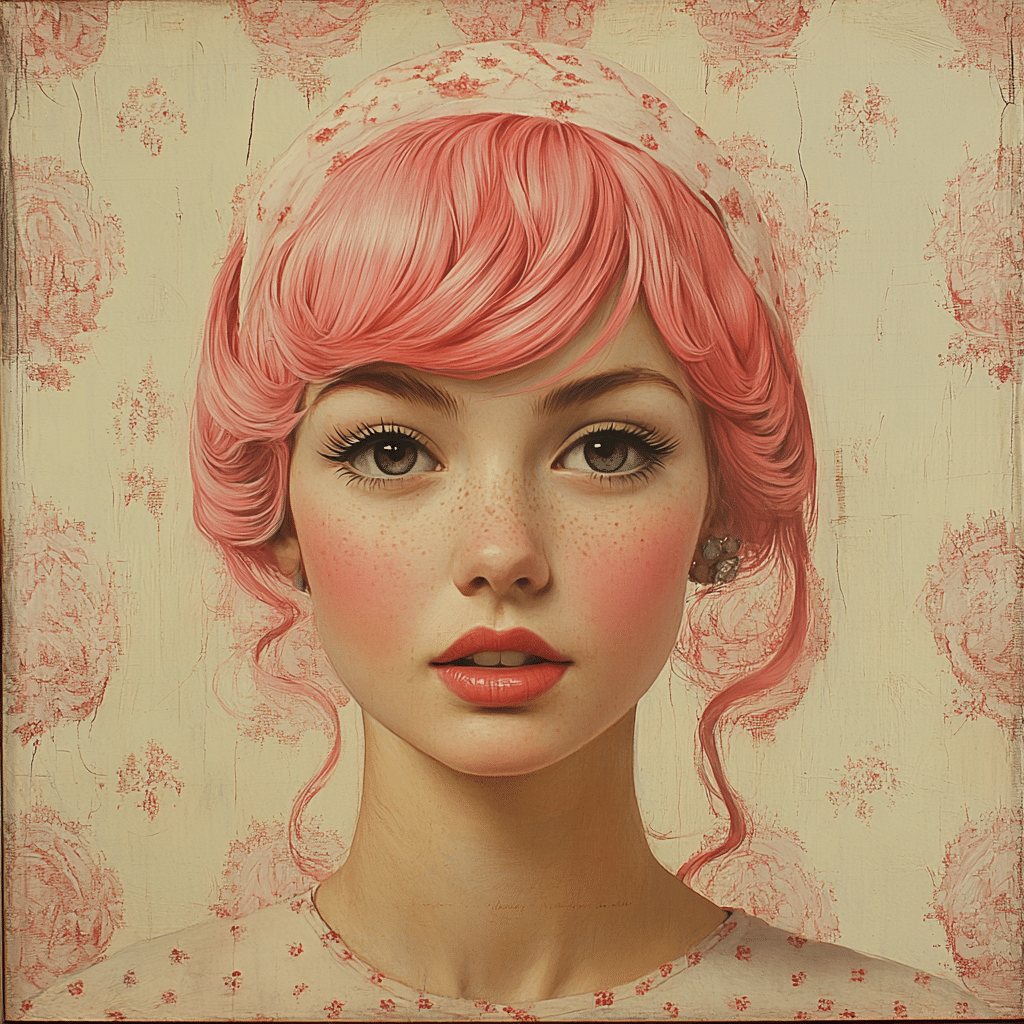
The Enduring Allure of Pinky Tuscadero
In essence, Pinky Tuscadero is more than just a love interest in a sitcom; she’s a beacon of empowerment, ambition, and depth. Her character’s strength paved the way for future generations of female-centric narratives in TV and film, urging women to celebrate their individuality while concurrently challenging societal expectations. Fast forward 45 years since her debut, and it’s clear that the authenticity of Pinky’s representation is still deeply woven into the fabric of contemporary entertainment.
Pinky’s journey echoes in modern plotlines, inspiring both audiences and creators to advocate for diverse voices and stories. As we honor characters like Pinky, we contribute to a richer storytelling landscape that appreciates individuality in all its colorful forms. It’s safe to say that the legacy of Pinky Tuscadero continues to inspire waves of bold character-driven stories, making a lasting mark on the journey towards better representation in entertainment.
In a world increasingly open to diverse narratives, Pinky Tuscadero serves as a reminder that boldness and authenticity are timeless qualities that elevate any character in cinema, while leaving an unforgettable impression on audiences everywhere.
Pinky Tuscadero: The Bold Love Interest of Fonzie
A Star is Born
Pinky Tuscadero, famously brought to life by the charismatic Roz Kelly in Happy Days, played more than Fonzie’s girlfriend; she became an icon in her own right. This tough and feisty character captured hearts, showcasing a blend of femininity and independence that resonated with audiences during the ’70s. Did you know that Kelly was not just an actress? She also worked as a stand-up comic and even dabbled in music! Her passion for performance shone through in her portrayal of Pinky, cementing her legacy in pop culture. For those exploring dynamic female characters in media, Kelly’s work can be likened to the creative journeys in The assistant Mage parts ways chapter 1.
Star-Crossed Lovers
The love story between Pinky and Fonzie is definitely one for the books. Their chemistry was palpable, and some fans still debate the fate of their on-screen romance. Fun fact: Pinky was written into the series as part of a two-part episode that aired in 1976, creating a stir among the show’s devoted fans. It’s intriguing to think how the writing team balanced the fierce persona of Pinky with the suave charm of Fonzie, much like the balancing act of life portrayed in Suzume dub. And here’s a quirky tidbit – the infamous leather jacket sported by Fonzie has become synonymous with ‘coolness’, much like the iconic Stubb’s BBQ sauce is known for its flavor.
Pinky’s Impact on Popular Culture
Pinky Tuscadero didn’t just leave an impression on viewers; she influenced fashion and attitudes towards women in media. Her bold style choices and fierce independence sparked trends that persist today. Think about it: Pinky paved the way for strong female characters that followed, mirroring what we see in modern indie films and even in shows like Animefreak. Plus, Pinky’s sassy one-liners and affable spirit are legendary—shades of the vibrant personalities like Nicki Minaj and Eminem who dominate the stage. It’s no wonder that her character remains a topic of interest, much like other cultural phenomena, from proud To be an american to the quirky lives of celebrities like Alfred Roy carey and Matt Nye, who influence us in different ways.
In conclusion, Pinky Tuscadero isn’t just a character; she’s a piece of television history. Her legacy continues to inspire new generations, proving that bold love interests can leave a mark that lasts long after the credits roll.
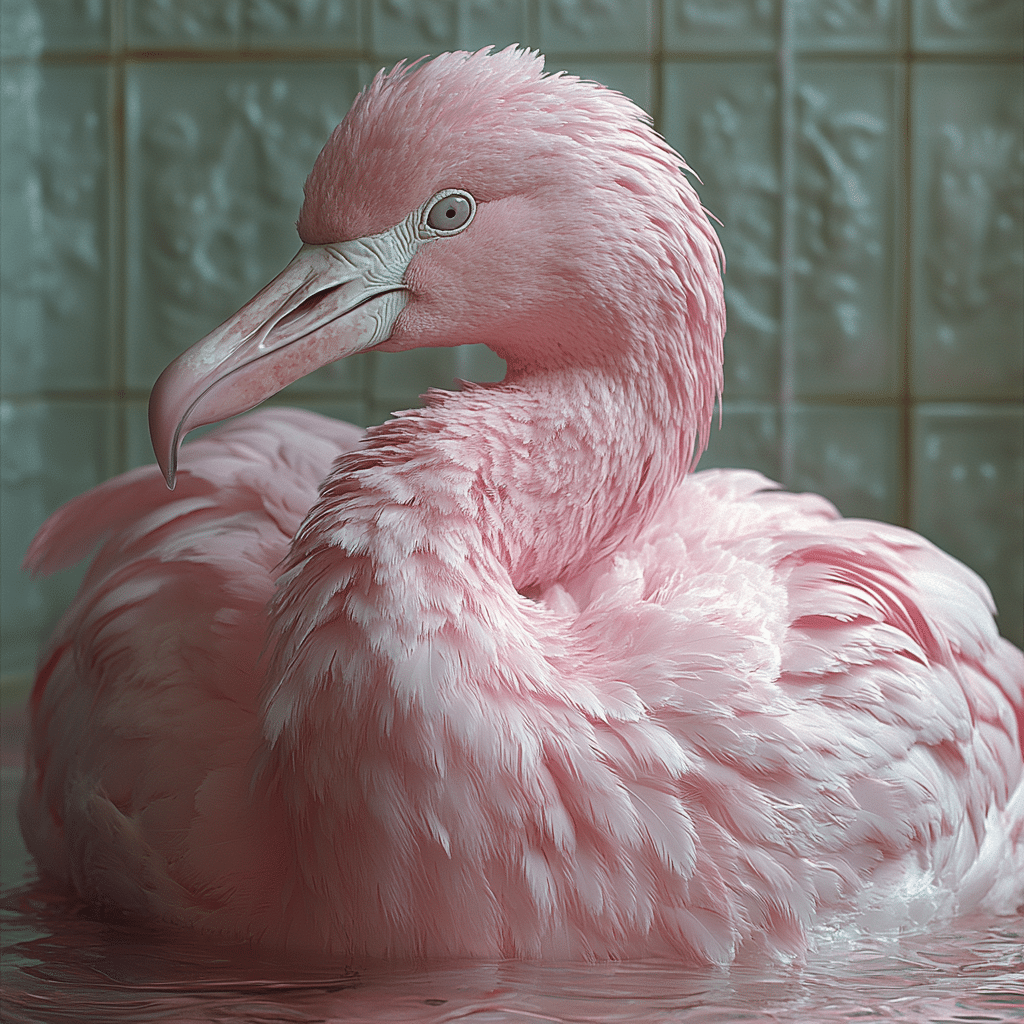
What happened to Roz Kelly?
Roz Kelly was sentenced to three years of felony probation after pleading no contest in 2000. Along with the probation, she was required to undergo psychiatric counseling and pay restitution.
Did Suzi Quatro play Pinky Tuscadero on Happy Days?
Suzi Quatro played Leather Tuscadero on Happy Days, who is actually Pinky Tuscadero’s little sister, and she made seven appearances on the show.
Do Fonzie and Pinky get married?
Fonzie and Pinky don’t get married on Happy Days due to a series of events that stand in their way, although they do share a special connection.
Did Fonzie and Pinky get along?
Fonzie and Pinky generally got along well, sharing a mutual interest in motorcycles and a strong bond, though their relationship faced some ups and downs.
Why did Roz quit?
Roz quit Happy Days as she didn’t get along with the show’s producers, which ultimately led to her being dropped from the series.
Why was Roz Kelly dropped from Happy Days?
Roz Kelly was dropped from Happy Days largely because of tensions behind the scenes and creative differences that arose during her time on the show.
Who was supposed to play Fonzie in Happy Days?
Henry Winkler was originally not the first choice for Fonzie; the role was initially meant for actor Bob Morrow, but it eventually went to Winkler, who made it iconic.
Who was Fonzie’s girlfriend Pinky?
Pinky Tuscadero, portrayed by Suzi Quatro, was Fonzie’s girlfriend on Happy Days, known for her distinctive red curly hair and tough-girl attitude.
Who played Fonzie’s girlfriend?
Pinky Tuscadero was played by Suzi Quatro, who also brought a unique charm and energy to the character in her appearances on the show.
What happened to Fonzie at the end of Happy Days?
At the end of Happy Days, Fonzie becomes a successful character who matures and eventually finds happiness, but specifics about his ending journey can be quite varied.
Who did Fonzie date a deaf girl?
Fonzie dated a deaf girl named Linda, who was portrayed by actress Cathy Silvers in the series, showcasing the depth of his character beyond just the tough exterior.
Who did Fonzie marry in real life?
In real life, Henry Winkler, who played Fonzie, has been married to Stacey Weitzman since 1978, and they have been a couple ever since.
Why did Fonzie go blind?
Fonzie didn’t actually go blind in the show; however, he did experience various dramatic moments, but none included permanent blindness.
Who turned down the role of Fonzie?
Bob Morrow turned down the role of Fonzie, which led to casting Henry Winkler, who brought special flair to the character that fans loved.
When did Fonzie come out?
Fonzie came out in a special reunion episode where he demonstrated growth and acceptance, showcasing how he evolved as a character over the years.






